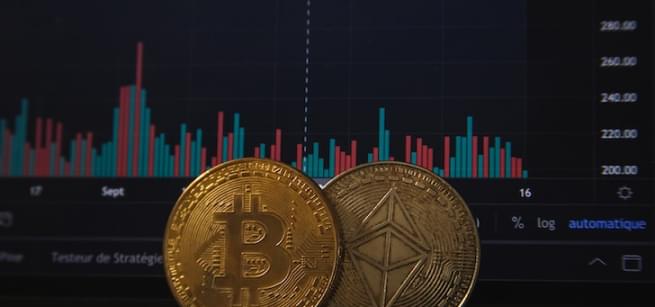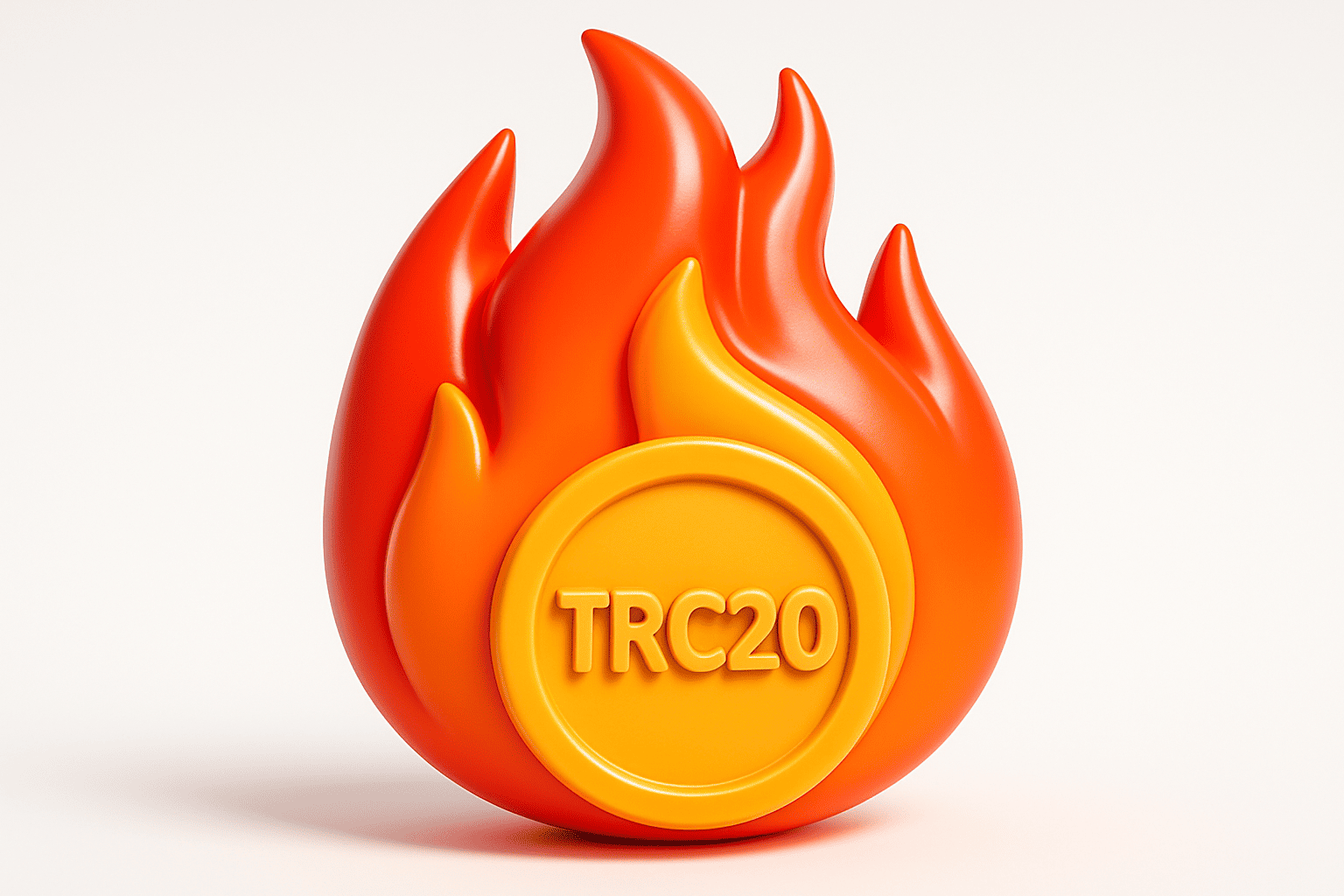Popular cryptos
Bitgert
Download app Ironwallet and get tool for making transaction without network fee
About Bitgert
Bitgert (BRISE) is a relatively new player in the fast-paced world of cryptocurrencies, aiming to make its mark with a focus on scalability, security, and user-friendliness. Launched in 2021, Bitgert has quickly gained attention for its innovative approach to blockchain technology and its potential to compete with established cryptocurrencies. In this article, we will delve into the key features and benefits of Bitgert, exploring its unique selling points and examining its position in the ever-evolving crypto market.
What is Bitgert?
Bitgert (BRISE) is a cryptocurrency platform designed to offer a cost-effective and scalable solution for a variety of projects, such as NFTs, the metaverse, web3, and decentralized finance (DeFi). Initially launched on the BNB Chain in July 2021 under the name Bitrise, it featured the native token BRISE. By December 2021, it underwent a name change to Bitgert, though this rebranding left the token and its ticker unchanged, with operations continuing on the BNB Chain.
In February 2022, Bitgert introduced its blockchain network, employing a proof of authority (PoA) validation mechanism. This network, often referred to as Bitgert Chain or Brise Chain, boasts of eliminating gas fees and having the capability to handle up to 100,000 transactions per second (TPS). Such impressive processing speed ranks Bitgert among the fastest blockchains, surpassed only by Aptos in terms of maximum TPS.
Despite its claim of being a “zero gas fee” blockchain, Bitgert Chain does incur minimal transaction fees, typically a small fraction of a cent.
The platform also facilitates smart contracts and offers compatibility with the Ethereum virtual machine (EVM), enhancing interoperability with Ethereum, the leading smart contract platform.
How Does Bitgert Work?
Bitgert operates on its proprietary BRISE Chain, which employs a proof-of-authority (PoA) framework, facilitating rapid block verification and affordable transaction costs. Its integration with the Ethereum Virtual Machine (EVM) stands out, crucial for handling smart contracts and boosting the blockchain’s capabilities.
Thanks to its compatibility with EVM, Bitgert effortlessly connects with current Ethereum-based tools and decentralized applications (dApps), simplifying the transition for developers within the Ethereum ecosystem. The Bitgert network boasts several significant components, such as the DeFi solution Knit Finance, the Miidas NFT Marketplace for trading non-fungible tokens, and the SPYNX Labs decentralized trading platform.
The core of the Bitgert network is its native token, BRISE, which is essential for executing smart contracts. BRISE is adaptable, facilitating transactions with both Ethereum’s ERC-20 tokens and Binance’s BEP-20 tokens. Within the Bitgert network, BRISE fulfills various functions: it is used to cover gas fees for smart contract operations, enables staking, facilitates peer-to-peer payments, and collects fees from network transactions. This wide range of uses underscores BRISE’s vital role in the Bitgert ecosystem, fostering a dynamic and comprehensive crypto environment.
What is Bitgert Used For?
Bitgert (BRISE), originally developed on the BNB Chain and subsequently rebranded without altering its token identity, emerges as a flexible crypto platform. It is designed to nurture a cost-efficient and expandable framework for a range of ventures, such as NFTs, the metaverse, Web3, and decentralized finance (DeFi) projects.
A pivotal moment came in February 2022 when Bitgert unveiled its own blockchain, known as the Bitgert Chain or Brise Chain. Distinguished for eliminating gas expenses and boasting the capacity for up to 100,000 transactions per second, it ranks as one of the fastest blockchains available.
Key Highlights of Bitgert:
- Utilization in Decentralized Exchanges (DEXs): Bitgert serves as a currency pair across numerous DEXs, promoting cost-effective crypto trading thanks to its quick block times and rapid transaction processing, enhancing the trading experience.
- Token Launch and Fundraising: The Bitgert Startup Studio offers a platform for developers and entrepreneurs to issue their tokens on the Brise Chain, supporting both private and public sales. This initiative not only helps in securing funds for groundbreaking projects but also provides crucial marketing and technical support to kickstart them successfully.
- Peer-to-Peer Transactions: At the heart of Bitgert’s features is the BRISE Coin, the platform’s native cryptocurrency, which facilitates seamless peer-to-peer exchanges via the BRISE dApp wallet. This functionality transforms the transaction process, enabling straightforward, cost-effective, and rapid exchanges, proving essential for various cryptocurrency uses.
Bitgert Key Features
Bitgert stands out in the cryptocurrency arena through its array of distinctive attributes:
- Integration with Ethereum Virtual Machine (EVM): Bitgert offers smooth compatibility with the EVM, enabling straightforward transfer and assimilation of applications from Ethereum into its own network.
- Low Transaction Costs: The platform is acclaimed for its minimal gas fees, offering a significant reduction in transaction expenses for its participants.
- Proof-of-Authority (PoA) Consensus Model: The backbone of Bitgert’s blockchain is the PoA consensus approach, enhancing transaction speeds and overall operational effectiveness.
- Token Buyback and Destruction Mechanism: A standout feature of Bitgert is its strategy to buy back BRISE tokens using transaction fees and then destroy them, a move aimed at preserving the token’s value over time.
- Rich Ecosystem: Bitgert’s ecosystem includes a variety of features such as the BRISE dApp Wallet for secure crypto transactions and storage, BRISE Staking offering rewards in BUSD, Bitgert Audit Solutions ensuring comprehensive audits of projects, Bitgert Bridge to facilitate the transfer of assets, and BRISE Swap for streamlined token trades.
- Funds Allocation for Staking and Promotion: A portion of the transaction fees is allocated towards providing staking incentives and supporting marketing efforts to drive the growth and outreach of the Bitgert ecosystem.
BRISE Token
BRISE, the core token of the Bitgert network, operates within the Bitgert ecosystem as its primary currency. It adheres to the BRC-20 token specification and is active on the Brise Chain. Within the Bitgert environment, BRISE functions as a pivotal exchange unit. Additionally, by staking Bitgert tokens, owners can accumulate rewards in BUSD.
The Bitgert tokens have a capped total of one quadrillion, all of which were created at the inception of Bitgert. The allocation of these tokens is as follows:
- 50% was eliminated right at the start as part of an initial burn event;
- 38% is dedicated to ensuring liquidity;
- 7% is set aside for the purposes of project evolution;
- 5% is allocated to the team of developers behind the project.





















